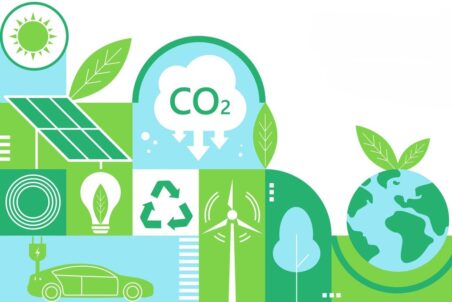A Primer on Tariffs
Tariffs are taxes on imported goods that aim to protect domestic industries but often come at a high cost to consumers by increasing prices and potentially harming overall economic growth.


Tariffs are taxes on imported goods that aim to protect domestic industries but often come at a high cost to consumers by increasing prices and potentially harming overall economic growth.

Generative AI's impact on work depends not just on what it can do, but also on factors like task complexity, frequency, and the cost of failure, which determine its practical and economic viability for automation in specific occupations.

Dr. Param Vir Singh looks at how algorithmic pricing, from simple rule-based systems to advanced AI, is transforming industries and raising questions about unintentional collusion and data-sharing practices.

The Inflation Reduction Act's tax credits for renewable energy projects, like Vineyard Wind, are complex financial instruments that involve tax equity partnerships, raising questions about the distribution of government subsidies between developers and banks, and highlighting the need for increased transparency and competition in the tax-equity market.

One technological tool that may be useful in identifying or preventing misinformation is blockchain— a database technology originated in 2008 that records and stores information in blocks of data that are linked, or “chained,” together. The software is free and open source, which makes it available to the public.

Generative AI technologies, like those used to clone David Attenborough's voice, raise ethical concerns about identity representation, consent, and the growing threat of deepfakes. As AI enables easier and more convincing fabrications, it challenges societal norms and highlights the need for stronger ethical and regulatory frameworks to protect individuals from misuse and misrepresentation.